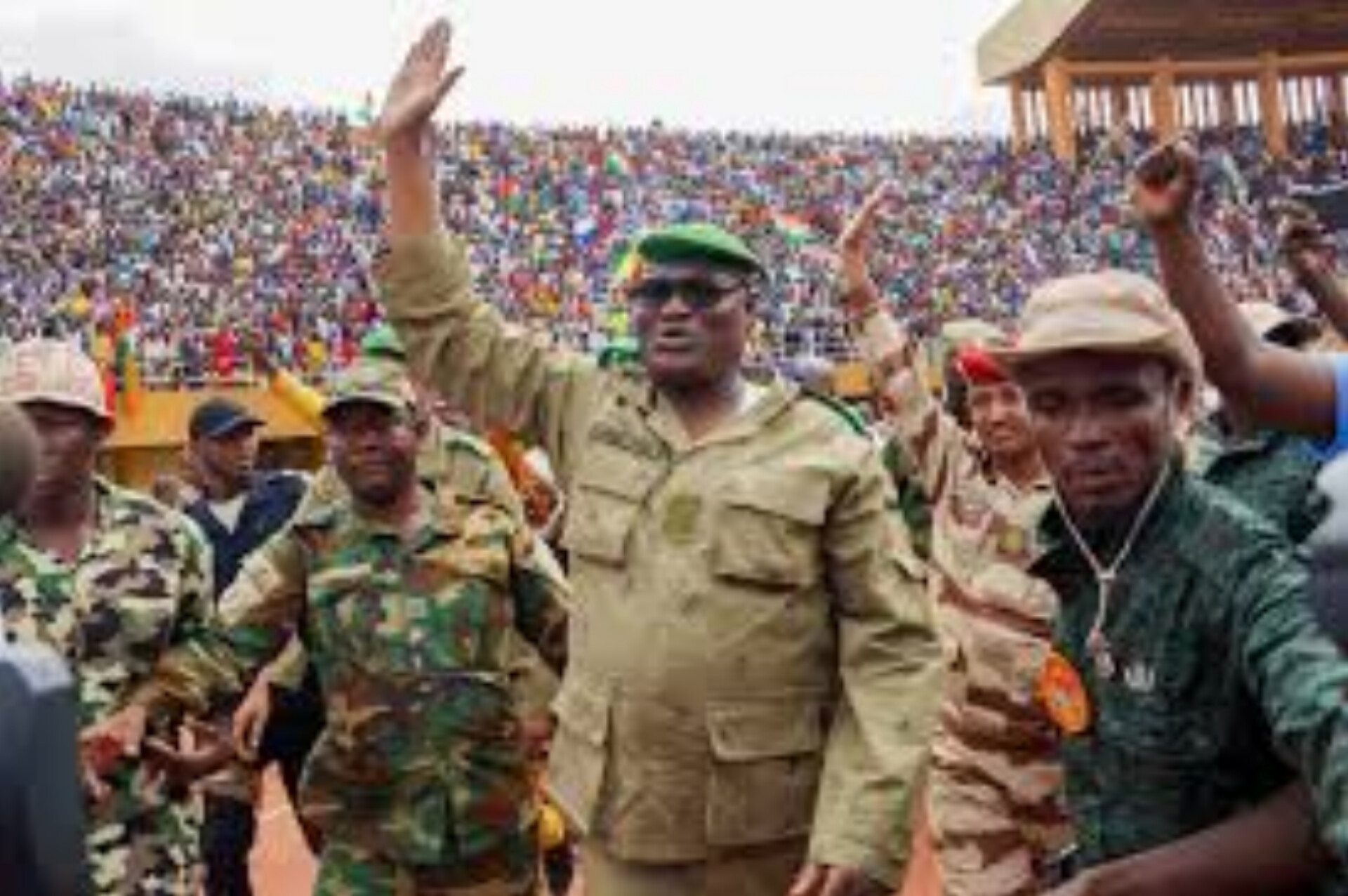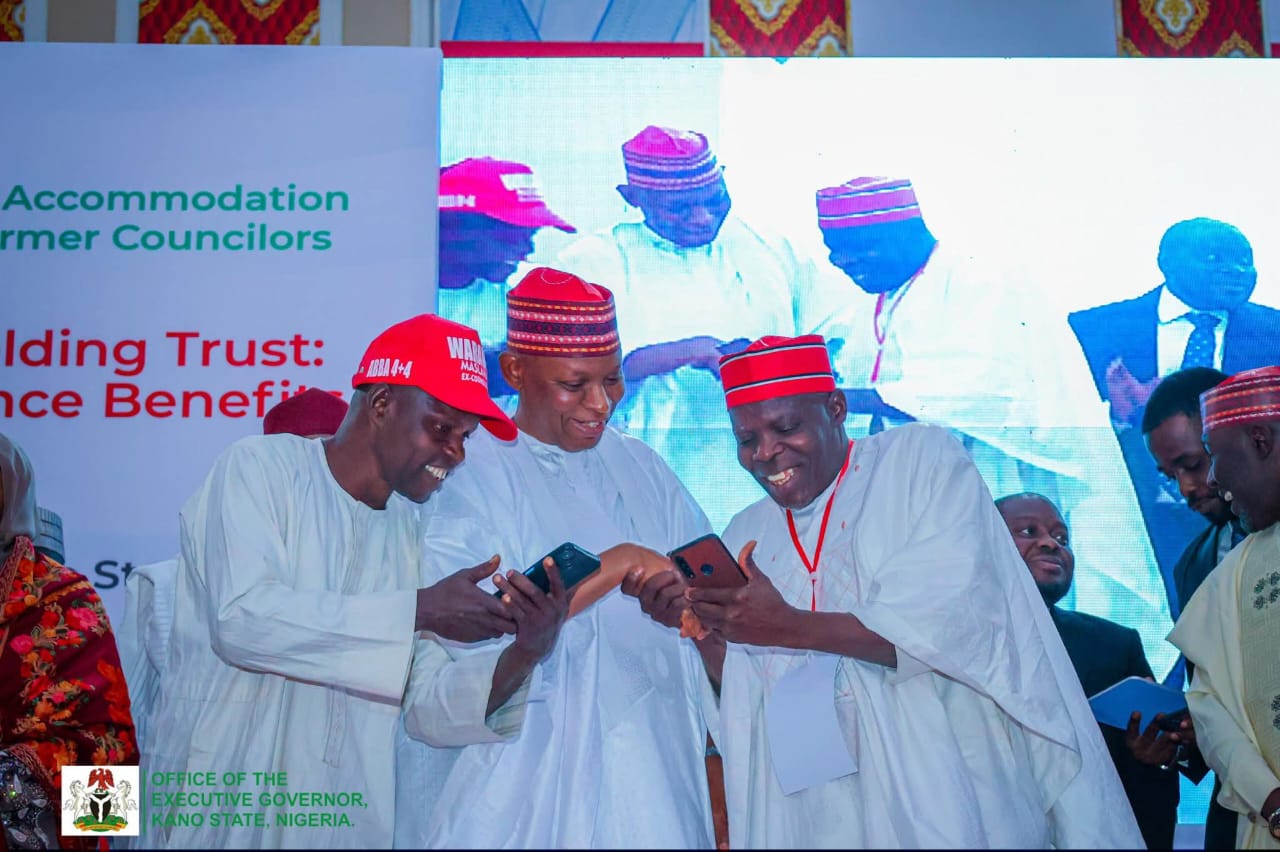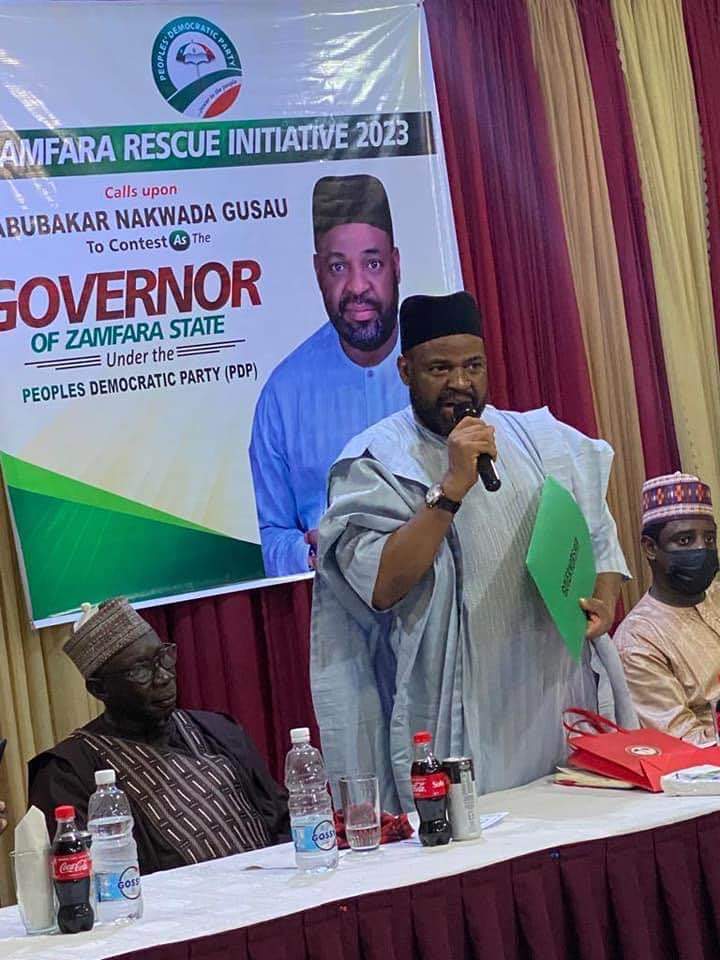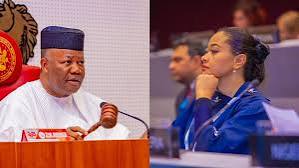By Ehichioya Ezomon
The import of August 19 pledge by the military junta in Niger Republic to transition for three years before returning the country to civil rule wasn’t lost on observers of the July 26 coup d’etat in the country.
The coupists’ message was twofold: Consolidate their forceful hold on power in Niger, and subtly invite militaries in fragile countries across Africa to takeover the reins.
And 11 days later (August 30) – and one month of the coup in Niger – military officers overthrew Gabonese President Ali Bongo Ondimba, and “dissolved all institutions of State,” citing
serious institutional, political, economic and social crises as factors responsible for the incursion that they tagged, “necessary” for the progress of the Central African country.
This makes the eighth military takeover in Africa since 2020, thus uncannily confirming prediction of more coups in the continent by the Leader of INRI Evangelical Spiritual Church, Nigeria, Primate Elijah Ayodele.
The forecaster of mainly political events around the globe said both “military and political coups” would follow the Niger example unless African rulers changed their governing behaviours.
In a chilling statement released by the pastor’s media aide, Osho Oluwatosin, at close of July, the Primate warned that, “there will be a military coup(s) and a political coup(s) in many countries on the continent.”
Ayodele declared: “There is no way anyone can stop a coup in Africa. As long as leaders in the continent are not doing the right thing, there will be a coup (coups).
“The following countries: Uganda, Togo, Benin Republic, Equatorial Guinea, Guinea Bissau and Congo Brazzaville must tidy up and do the needful because a coup (coups) will soon happen in these countries.
“The following countries will experience political coups: South Africa, Central Africa Republic, Sao Tome & Principe, Gambia, and Senegal. They must do what is needful against political coups.”
Noting that, “African leaders are corrupt and power-intoxicated,” Primate Ayodele said: “Coup is a fresh revolution in Africa against bad leaders. Any African leader that isn’t doing well should prepare for a coup.”
Though Gabon wasn’t listed in the prediction – nor Cameroon and Rwanda that’ve reshuffled the hierarchy of their militaries in the wake of the Gabonese putsch – but here we’re with the eighth military coup in three years, which’s expanded the “coup belt” beyond its rather straight line from the West to East coast of Africa.
Countries affected by the coup contagion are: Mali (August 2020 and May 2021); Chad (April 2021, after death of President Idriss Derby in the war front against rebels); Guinea (September 2021); Burkina Faso (January 2022 and September 30, 2022); Niger (July 26, 2023); and Gabon (August 30, 2023).
Besides leaders “doing the right things” to stave off coups, the other antidote is what Economic Community of West African States (ECOWAS) has initiated in Niger: Forcely rein in any coupists, and return to constitutional order.
But the ECOWAS is hamstrung by the very people, whose interests it fights to uphold by wanting to intervene militarily in Niger!
Save those who stand to gain from a disruption of existing order, nobody in their right senses pray for war whose end is unpredictable.
Yet, certain fundamentals push the war-shy to action, such as the July coup in Niger could force the ECOWAS to engage in.
For once, the 15-member countries have decided to go beyond demurring, to taking concrete actions to reverse incessant military coups in the sub-region.
But the coupists and their civilian collaborators have exploited the faultlines in neighbouring countries to consolidate their occupation of Niger.
The’ve deftly deployed blackmail, threats, fears, and linguistic, cultural and religious affinity to sow discord, and preach armagedon in those countries should ECOWAS’ standby force intervene to restore to power President Mohamed Bazoum, who has been under house arrest.
The coupists are particularly emboldened by supports from Nigerians, whose President Bola Tinubu – though endorses the ECOWAS initiative – can’t bypass approval of the Senate, which’s turned down his request for military action in Niger.
Now, the junta, playing for time under pretext of seeking amicable solution to the self-created crisis, has declared a three-year transition to return Niger to civil rule.
It wasn’t difficult for the junta, headed by former Presidential Guards’ commander, Gen. Abdourahmane Tchiani, to tell an ECOWAS peace mission in Niamey on August 19 that it’d transition to constitutional order in three years.
Interpretation! Despite threats by ECOWAS to march its standby force into Niger if peace moves failed, the military henchmen can’t be intimidated by external forces to relinquish power to Bazoum.
At a meeting in the Ghanaian capital city, Accra, a day earlier on August 18, the ECOWAS military chiefs of 11 of 15 countries, proclaimed their readiness to intervene in Niger “anytime the order is given” by the subregional governments.
This follows an August 10 confirmation of an “ECOWAS standing force” by the leaders, who met in Abuja, to review their failed seven-day ultimatum to the Niger junta to release, and reinstate Bazoum to power.
The Niger military rulers have continued to shun peace overtures from ECOWAS, the African Union (AU), United Nations and Western countries, including the United States and France, which have insisted the intransigent soldiers must return Bazoum to power.
The junta have denied audience to these international bodies and countries – or allowed only low-level contacts with them – and established a modicum of civilian government under a Prime Minister.
The regime even adds to its list of absurdities the threats to kill Bazoum and his family members (if ECOWAS’ soldiers invaded Niger), and/or prosecute him for “high treason,” for speaking with outside powers.
When ECOWAS’ military chiefs renewed their commitment to intervene in Niger any time the order was given, the military clique did two things in quick succession:
It rallied support of its co-coup rulers in Mali and Burkina Faso (who’ve reportedly sent fighter jets to Niger’s borders with ECOWAS’ countries, to prevent their troops from moving into Niger), and gave clearance to meet the ECOWAS peace mission in Niamey.
But a day after meeting with the ECOWAS delegation – led by Nigeria’s former Head of State, retired Gen. Abdulsalami Abubakar – the junta revealed its intention to remain in power for three years.
In another pullout from their bag of tricks, Gen. Tchiani said that within one month, the regime would form a committee, to study and form a new constitution for Niger.
Even as he said the door for further negotiations was open, and that “Niger doesn’t want to go to war,” Tchiani vowed it’d defend itself “if the need arises.”
And preparations for such an eventuality kicked off same day, with reports of thousands of volunteers turning out in central Niamey, “answering a call to register as civilian auxiliaries, to be mobilised to support the army” against an invading ECOWAS force.
With another coup in Gabon becoming too many in Africa, can ECOWAS forcefully return the Niger coupists to the barracks, as President Tinubu says is inevitable as a last resort?
But what about Tinubu’s reported gamble with a shorter transition timeframe of one year in Niger? Isn’t that giving up on the initiative of the ECOWAS, AU, UN and Western countries to return Niger to constitutional order pronto?
That maybe more wins for the “Military Boys,” and perhaps the beginning of the death knell for democracy in Africa!
Mr Ezomon, Journalist and Media Consultant, writes from Lagos, Nigeria





